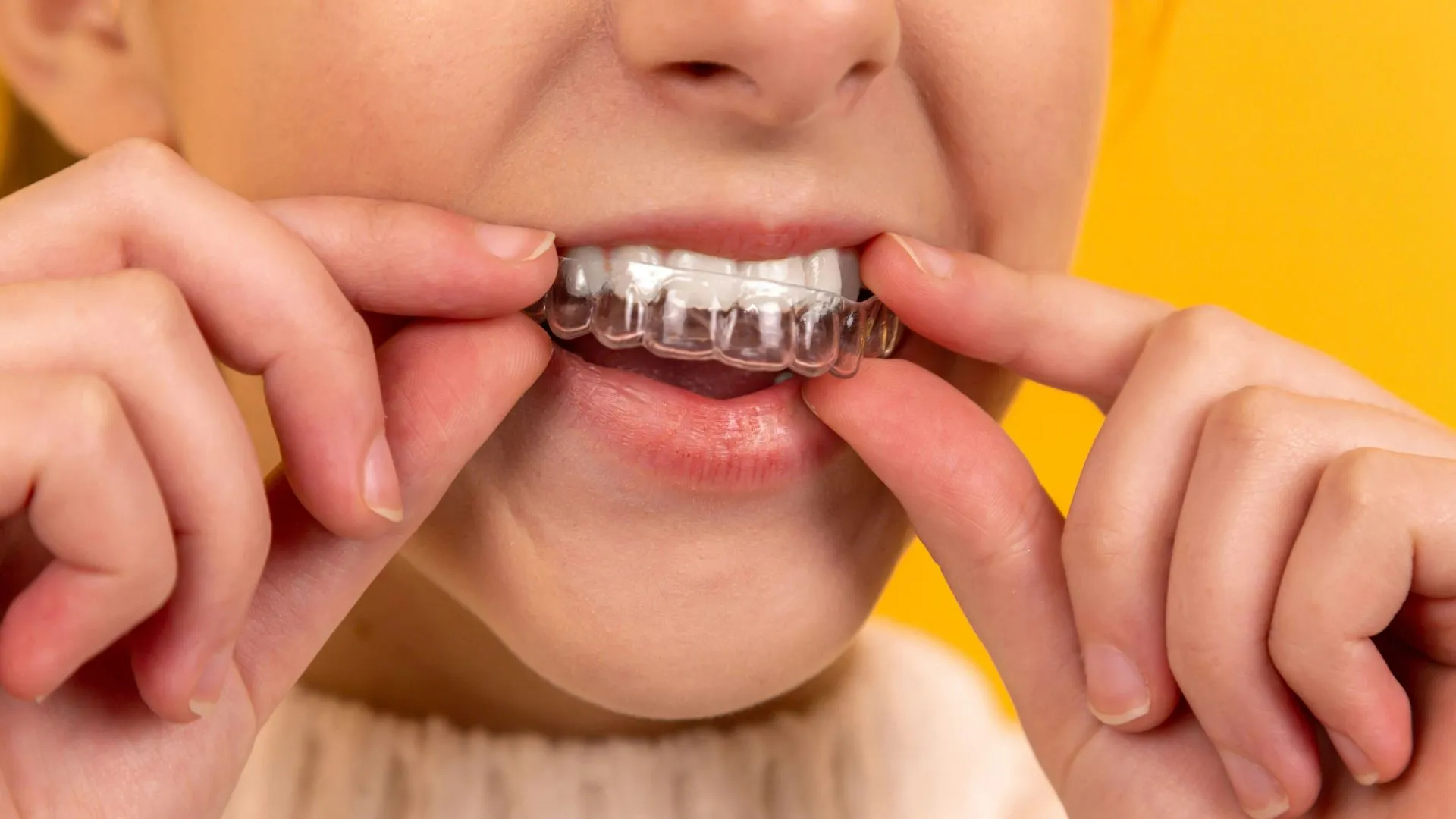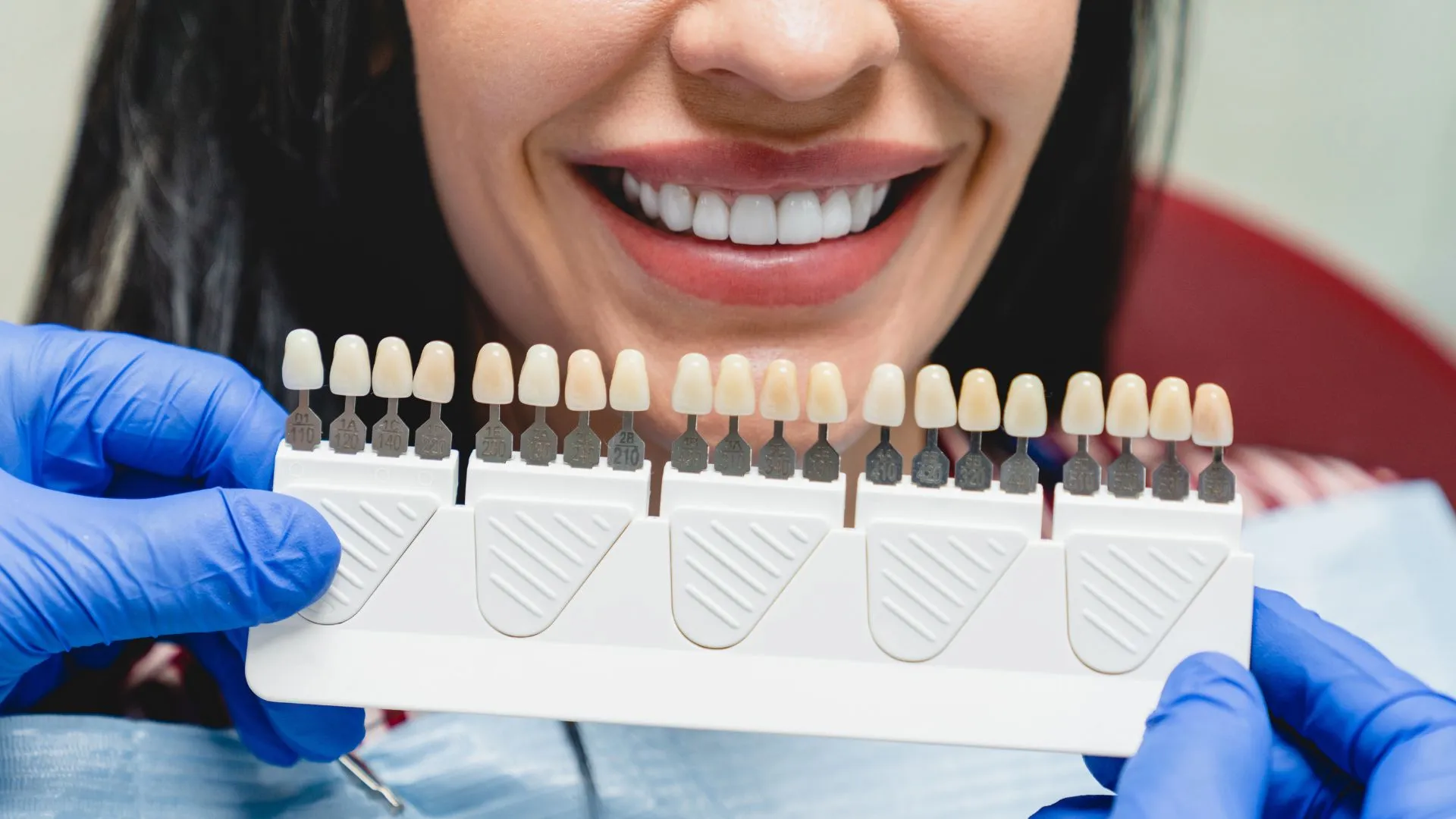For many parents, trying to get their child to brush and floss thoroughly every day is often a battle of will. And your frustration can be compounded when you go in for a dental exam and cleaning only to find your child has swollen gums or decaying teeth.
For many parents, trying to get their child to brush and floss thoroughly every day is often a battle of will. And your frustration can be compounded when you go in for a dental exam and cleaning only to find your child has swollen gums or decaying teeth.
So what can you do? One way to approach your child’s oral health is holistic. Since patients see dentists for their teeth and their family physicians for every other problem under the sun, it’s easy to forget that all bodily systems are connected.
If your child enjoys sweet treats, juice, or acidic foods, those foods will not only affect gums and teeth but possibly your child’s energy levels and weight.
A recent blog post at 123dentist.com has some food items that you may want to add more of in your child’s snacks and meals:
Want healthier gums? Eat more of these foods.
Leafy greens
Vegetables like kale and spinach are filled to the brim with mouth-healthy vitamins and minerals. Specifically, they hold vitamin C, which boosts the production of red blood cells and reduces inflammation.
Both these benefits battle against irritation and gum disease. Leafy greens require more chewing, thanks to their high fibre content, which is good for gums because the chewing action creates more saliva. This helps to flush out food particles, bacteria, and plaque that may be sticking to your teeth near the gum line.
Revamp your diet with power-packed greens by creating salads with them, adding them as a cooked side dish to main meals, and putting them in soups and sandwiches.
Celery, carrots, and apples
Foods that are very crunchy are excellent at scraping away stuck on food and plaque. The hard bits of foods like celery, carrots, and apples get in between teeth and into tooth crevices and can help keep your mouth fresh between brushings.
Crunchy fruits and vegetables also happen to be high in fibre, which, again, means they take longer to chew and generate more saliva. Saliva is great for flushing the mouth of bacteria near the gum line. Simply add these foods to your daily diet as snacks to help get rid of food particles between meals.
In a “How-to” video, Dr. Shane Methal reiterates that along with brushing and flossing, a good diet is an absolute must for oral health. He says that patients need to avoid “ferment-able carbohydrates,” which are sugars that the bacteria in your mouth consume, and then they produce acids that break down enamel.
While you may be doing a good job with your child’s meals, have you thought about what they are drinking? While fruit drinks are popular for kids, they are high in sugar. And while your teen may think they are eating well by drinking diet cokes, fewer calories in a drink doesn’t mean their enamel is safe.
However, parents may feel like they are caught between a rock and a hard place because soda is easy to come by, and there have been some concerns in the news about the safety of tap water:
Bottled Water or Tap? Considerations for Your Choice
Most health advocates promote drinking water over sugar sweetened beverages. Many urge tap water over bottled water. That’s the best way to benefit from the prevention provided by the fluoride that is added to community water systems serving about 75% of us. (Most bottled water does not contain the optimal level of fluoride to protect teeth.)
As a result of the lead crisis in Flint, Michigan and the fight to protect the safety of the water at Standing Rock, there is growing awareness of long-ignored water issues around the country, from basic water safety to something we now know as water poverty. The U.S. still has some of the safest drinking water on the planet, but eroding trust means that we are at risk of drinking less of it. . .
And then there is this. Soda companies invest millions of dollars in campaigns to defeat soda taxes that are designed to discourage people from buying and consuming sugar sweetened beverages. (They have also funded successful efforts to influence health organizations.) These taxes are being imposed more widely to help abate the dramatic increase we are experiencing in obesity and Type 2 diabetes, especially among children. The rates of these diseases are highest in the very populations that the industry targets most – low income neighborhoods and racial and ethnic minorities. . .
So is bottled water a bad choice, the villain? There are lots of reasons why it isn’t as good at tap water for most of us. However, for people who are substituting water for soda, or people who whose water is decidedly unsafe, or people who are exploring whether or not to trust what comes from the tap, bottled water is a compromise that we live with until everyone’s right to healthful water is guaranteed.
While there is definitely some controversy between the benefits of tap and bottled water, keep in mind that most water in the U.S. is safe and infinitely healthier than soda. If your child is craving something sweet, take a look at health-store drinks.
These drinks replenish electrolytes and aren’t entirely devoid of nutrition. You can also encourage your child to drink through a straw if they must have a soda since it can cut down cavities according to Webmd.com. Making a few tweaks in your child’s diet should give you some peace of mind when you take them in for a cleaning.




